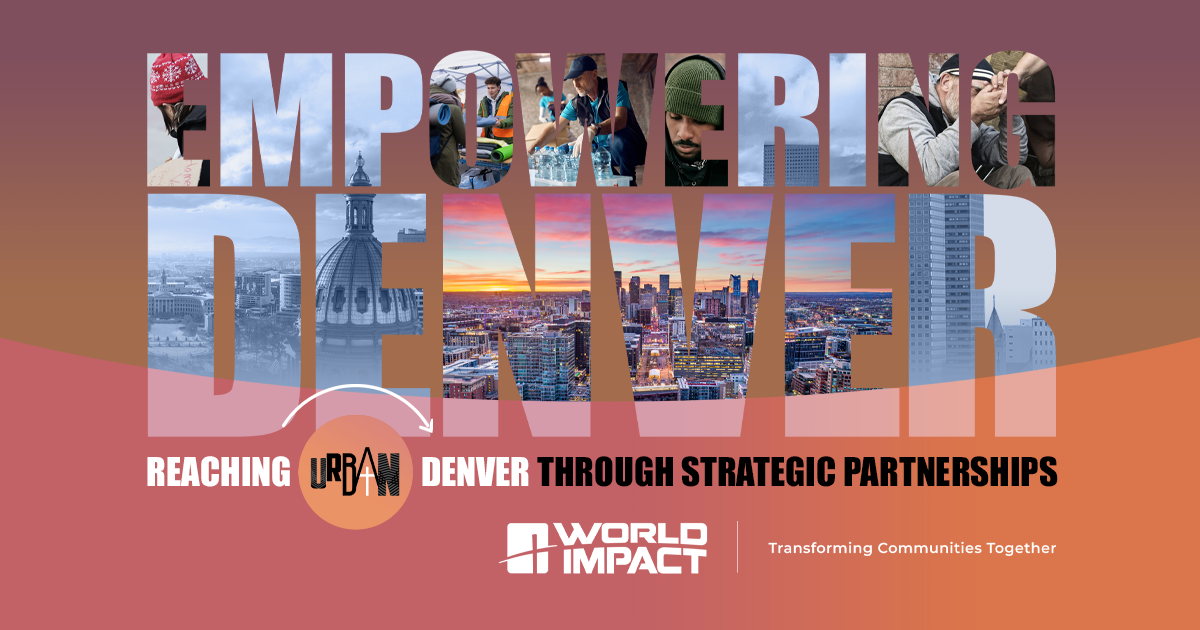With all the attention on the violence in the Middle East (and this attention is justified), we may be losing sight about the violence taking place in urban centers within the United States of America. When it comes to violence far away in other countries it can be challenging for the Church to find ways to get involved in a transformative way. Even with this being the case the Church should do more in raising awareness, mobilizing its congregants, and looking for ways to collaborate with indigenous missions organizations globally. When it comes to addressing domestic violence in our own cities, the solutions are not as challenging but it will take repentance, humility, courage, and being willing to learn from ministries who have stayed on the front lines of urban ministry.
Urban violence is taking a tremendous toll on families and taking away too many young lives this summer in cities such as Chicago, Minneapolis, and Oakland. Though we need to address issues such as the need for more fruitful youth programs, family stabilization initiatives focused on the importance of healthy fatherhood, the loss of jobs in urban areas, the broken immigration system, and the displacement of the urban poor thru gentrification, we must also recognize what an important role the Church can play in urban transformation. The kind of urban transformation based on the advancing of the Kingdom of God, can lead to significantly reducing urban violence.
I hope to lovingly challenge the Church here, but also provide solutions. First, the Church must have a repentant heart and take responsibility for the violence within cities the way Nehemiah took responsibility for the city of Jerusalem being in ruins in the Old Testament. Cities are the way they are to a degree because many predominately White and resourced Churches abandoned the city as a part of White Flight in the 60′s and 70′s. Next, the Church Planting and Church Growth strategies of the 90′s focused on the new upper middle class suburbs developed out of the overflow of that White Flight. Am I against suburban church planting and church growth? Absolutely not, I’m just trying to point out how the Church has to a large degree took its best Church development and planting ideas to the suburbs and the city became an after thought. Many African American Churches have since followed the blueprint of the White Church Flight of the 60′s and 70′s. It seems that church success is measured by making it to the suburbs. Instead of The Jefferson’s theme song, Moving On Up, it’s now about Moving On Out.
The solution is for the Suburban Church to come back to the city by partnering with, learning from, and investing in the existing Urban Church and in Urban Missional Ministries. The Suburban Church is needed in the city, but not as a parent or expert. The Suburban Church must come to the city humble, generous, and as a student. This will bless the Suburban Church in the long run because many suburbs are starting to have urban problems.
Another issue that the Church has to own is the fracturing of the Urban Church that remained in the city. I know this tough truth best within the African-American Church context. There has been too many church splits and too much mini empire building within the African-American Urban Church. This has led to multiple smaller churches to a degree competing against each other and none of them on their own having the full capacity to address the issues and challenges within the surrounding communities. This is not to take away from healthy African American Urban Churches that are making a tremendous difference in cities. This is also not to take away from the need for Urban Church Planting Movements. There is much we can learn from the African American Church, but we must also be willing to dissect hard truths. I say this as one who is a product of the African American Church and honors it greatly to this day. A fractured church, competing against itself and dividing people up for the survival of its small congregation doesn’t lend itself well for dealing with the massive violence and spiritual warfare deeply rooted in the city.
This is why we need smaller churches to form networks and collaborative alliances to take on urban violence. We saw this kind of effort during the Civil Rights Movement. When I was a pastor in Minneapolis, I experienced this thru Bridges of Reconciliation of the then active Sanctuary Community Development Corporation and the Community Reclamation Project of the Stairstep Foundation. At World Impact, we sponsor and connect with Urban Church Associations as a way to live into a strategy of working as one Church to deal with urban challenges.
Finally, I want to say something lovingly to Urban Churches that are being led by seasoned leaders who, age wise are well into their 60′s or older. It is time to adopt a more transformational ministry strategy that is about reproduction and community development. This will also take collaboration. In San Francisco, there is an alliance of African American Churches that have formed a community development corporation as an example of this transformational approach. We must also pass the baton to younger leaders who are seminary trained, highly respected in the community, and bring strategic and cross cultural insights to forge a more fruitful future. If the Church can take this repentant and humble approach, we can address urban violence and tackle whatever else the enemy has brought to destroy our cities and oppress multitudes of people.
Taken from Efrem Smith's blog: http://www.efremsmith.com/category/blog/2014/08/the-church-can-reduce-urban-violence/
For more information on World Impact's Urban Church Associations:
– on the East Coast, contact Bob Engel
– in the Midwest, contact Daren Busenitz
– on the West Coast, contact Marcos Gamez

